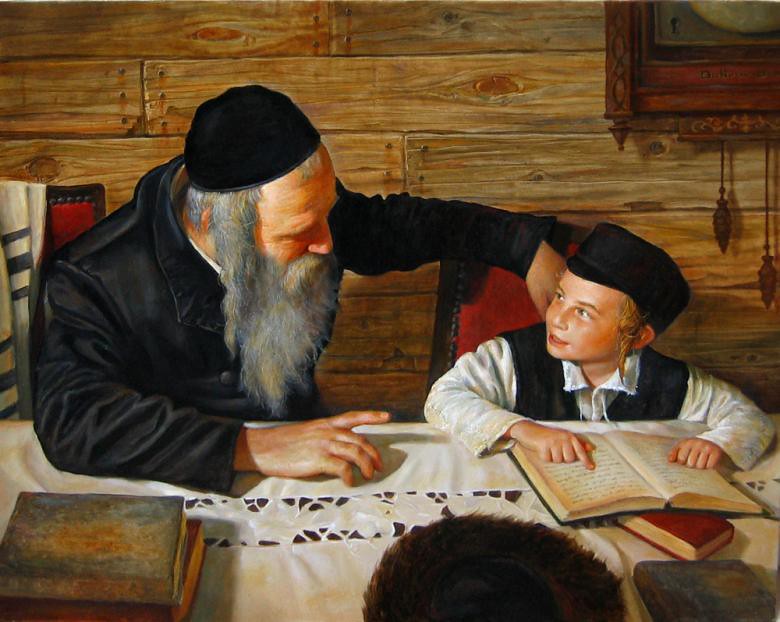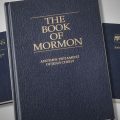Question
Gramps,
My friends children call him Abba. He was born Jewish and converted to the church. I’m not trying to be judgemental but I thought Abba was a really sacred name Jesus called Heavenly father and that it shouldn’t be used in casual conversation. Can you shed some light on this?
Eve
Answer
Eve,
Let’s take a closer look at this word.
It appears three times in the New Testament (Mark 14:36, Rom 8:15, & Gal 4:6). And it is only written in Greek as a transliteration (Αββα). All the Hebrew and Aramaic versions in the Old Testament (as far as I know) are not Abba, but Ab (אַבָּ). And that simply means “Father.”
The addition of the additional syllable is basically baby talk. Baby babble is commonly repeated vowels and consonants. And the “ah” sound is probably the most consistent default sound that babies make throughout all cultures and languages. Ab then, easily becomes Aba. So, we can correctly interpret Abba as the Hebrew form of Daddy or Dad. It is essentially a child’s way of saying father.
Elder Jeffrey R. Holland is quoted to say:
In that most burdensome moment of all human history, with blood appearing at every pore and an anguished cry upon His lips, Christ sought Him whom He had always sought—His Father. “Abba,” He cried, “Papa,” or from the lips of a younger child, “Daddy.”
This is such a personal moment it almost seems a sacrilege to cite it. A Son in unrelieved pain, a Father His only true source of strength, both of them staying the course, making it through the night—together.
Fathers, this Easter weekend may we be renewed in our task as parents, bolstered by images of this Father and this Son as we embrace our children and stand with them forever, I pray in the name of Jesus Christ, amen.
While it is true that many will translate Aba/Abba to be Dad or Daddy, the usage is somewhat different than the English Daddy/Dad today.
Classically, it implies both familiarity and formality at the same time. It also implies a pledge of obedience. So, if you can understand what my generation implied when our childhood selves said, “Yes, Sir, Daddy” or “Yes, Ma’am, Mommy” then you can understand the meaning of Abba. It is a sense of love, familiarity, intimacy, respect, and obedience all rolled up in one.
Notice that there is nothing sacred about the word. It is simply the word for “father” or “dad” in another language. And there is nothing wrong with saying a very common word in another language. We call our fathers “Father”. But that certainly doesn’t tarnish the usage of “Heavenly Father” when we pray. In fact, I know a friend who was named Absalom (Father of Peace). But he goes by Avi (an alternate pronunciation of Abba). He introduces himself as Avi, just as someone named Phillip would introduce himself as Phil.
Additionally, modern usage has shifted the meaning of Abba in modern Jewry today. It has become less formal. Depending on the family and what enclave you’re in, you may come across some who insists it still denotes obedience. Yet others use it exactly the same way we use “Dad” — as a common term of endearment.
Bottom line: It is not considered blasphemous. And there is nothing wrong with Jewish children addressing their father as Abba.
Gramps







